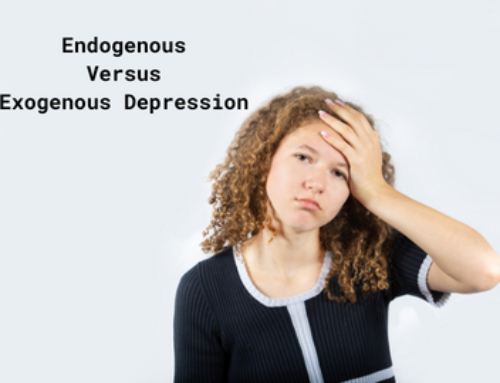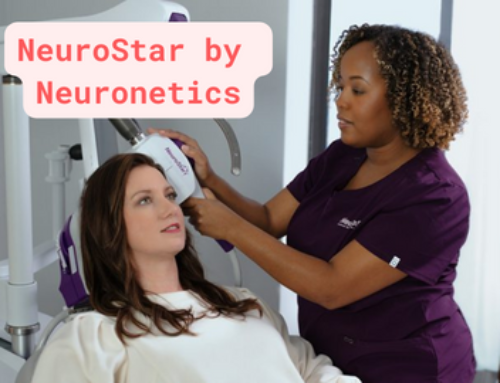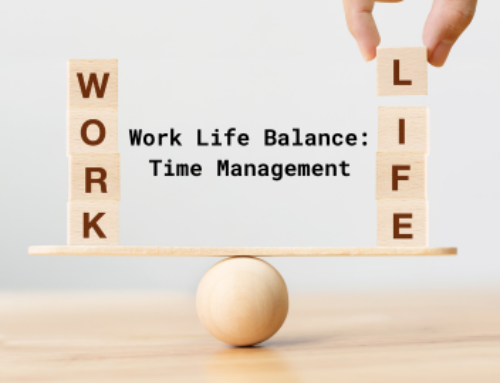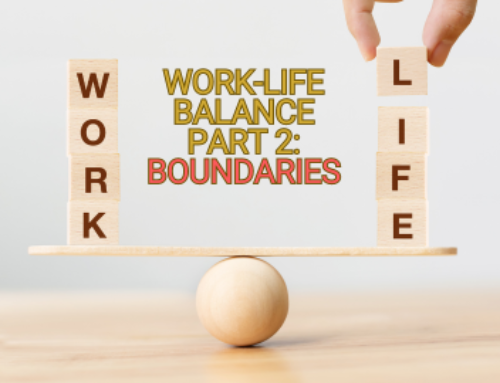The Battle Against Depression
Treating major depressive disorder (MDD) is one of the main things we do at Rochester Holistic Psychiatry. For our series on different types of depression, it’s time to talk about MDD. We’ll look at some nuances that make MDD what it is, including some elements that can be unexpected or go unnoticed. For our purposes today, we will use major depressive disorder, MDD, and depression interchangeably.
Depression Doesn’t Need a Reason
When someone is ill, we immediately begin looking for any culprit that can be addressed to alleviate the problem. But some disorders, like MDD, often have nothing to point to. Depression is felt by people of all ages, ethnicities, cultures, religions, cognitive styles, and more. When someone is depressed but cannot point to any adverse factors in their life, they may feel bad because they feel bad, and too often there is a stigma placed on people who admit to depression.
Depression Brings Its Friends
MDD often has comorbidities, or disorders that present along with depression. As we’ve established, major depressive disorder doesn’t have to have a concrete reason for existing, but the following often accompany MDD:
- Imbalanced neurotransmitters.
- Imbalanced hormones.
- Physical illnesses like cancer, Parkinson’s disease, and more.
- Adverse events.
Genetics are suspected to be a factor in some cases of major depressive disorder, but research is ongoing. If anything on this list applies to you or you believe it may apply to you, be sure to talk with your doctor about any links that may exist. They or a specialist can perform tests to get more information.
It’s More Than Just Sadness
When we think of the word “depression” we’ll often think immediately of sadness. Sadness is an extremely common symptom of depression, but there are more.
- Anxiety and feelings of worry, even if the person is not worrying about anything specific.
- Difficulty focusing.
- Feelings of shame and guilt, even if there has been no wrongdoing or worrisome incident.
- Anger and irritability, whether directed or not.
These symptoms tend to exacerbate each other. For instance, Jane wakes up feeling sad. She knows there is a lot to do when she gets to work, and already dreads the day. She has a hard time focusing on her work, and anxiety builds. She is irritated with herself and feels guilty because she sees her performance as poor, whether it is or not. Her co-workers notice that she is on edge and don’t interact much with her that day. That makes her suspect that they dislike her, which makes her sad. Situations like Jane’s are a perfect recipe for suffering, especially when they become frequent or the norm.
It Gets Physical
As if causing mental anguish and disrupting one’s desired routine, depression can attack the rest of the body as well.
- Feeling tired and lethargic even if the sufferer gets enough sleep.
- Insomnia or disrupted sleep patterns.
- Excessive hunger, or on the other side of the spectrum, food avoidance.
- Sexual dysfunction. The sufferer might have reduced sex drive or find solace in sexual activity.
There Are Options
Fortunately, several methods have good track records for treating MDD. Rochester Holistic Psychiatry offers telepsychiatry to make it easy to get mental health care in the safety of your own home. We also offer in-person transcranial magnetic therapy, or TMS. TMS was approved by the FDA in 2008 to treat diagnosed major depressive disorder and is showing excellent results that have us excited for the future. Plus, it can be combined with a patient’s medication and therapy regimen.
You are not weak or selfish for seeking help with depression. You deserve help to live the life you want to live. Contact us any time to talk about your options.





